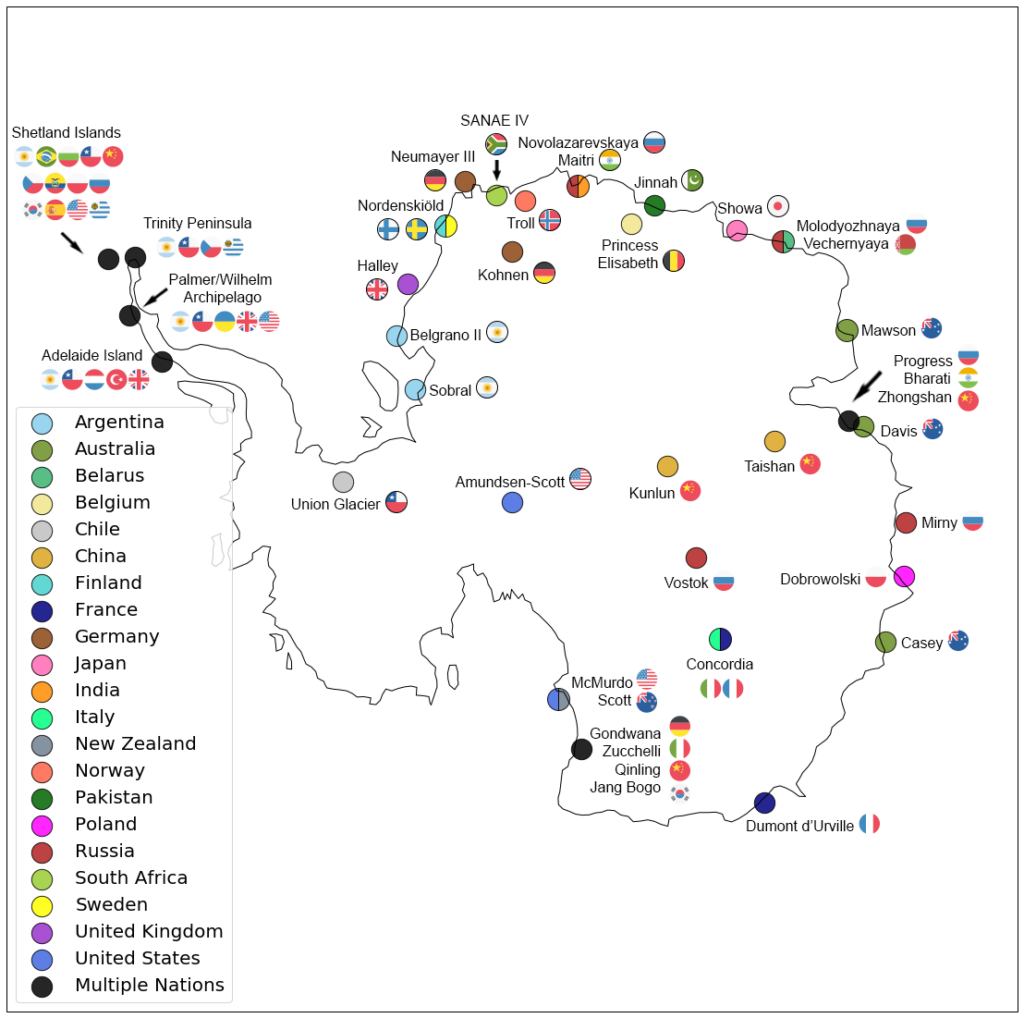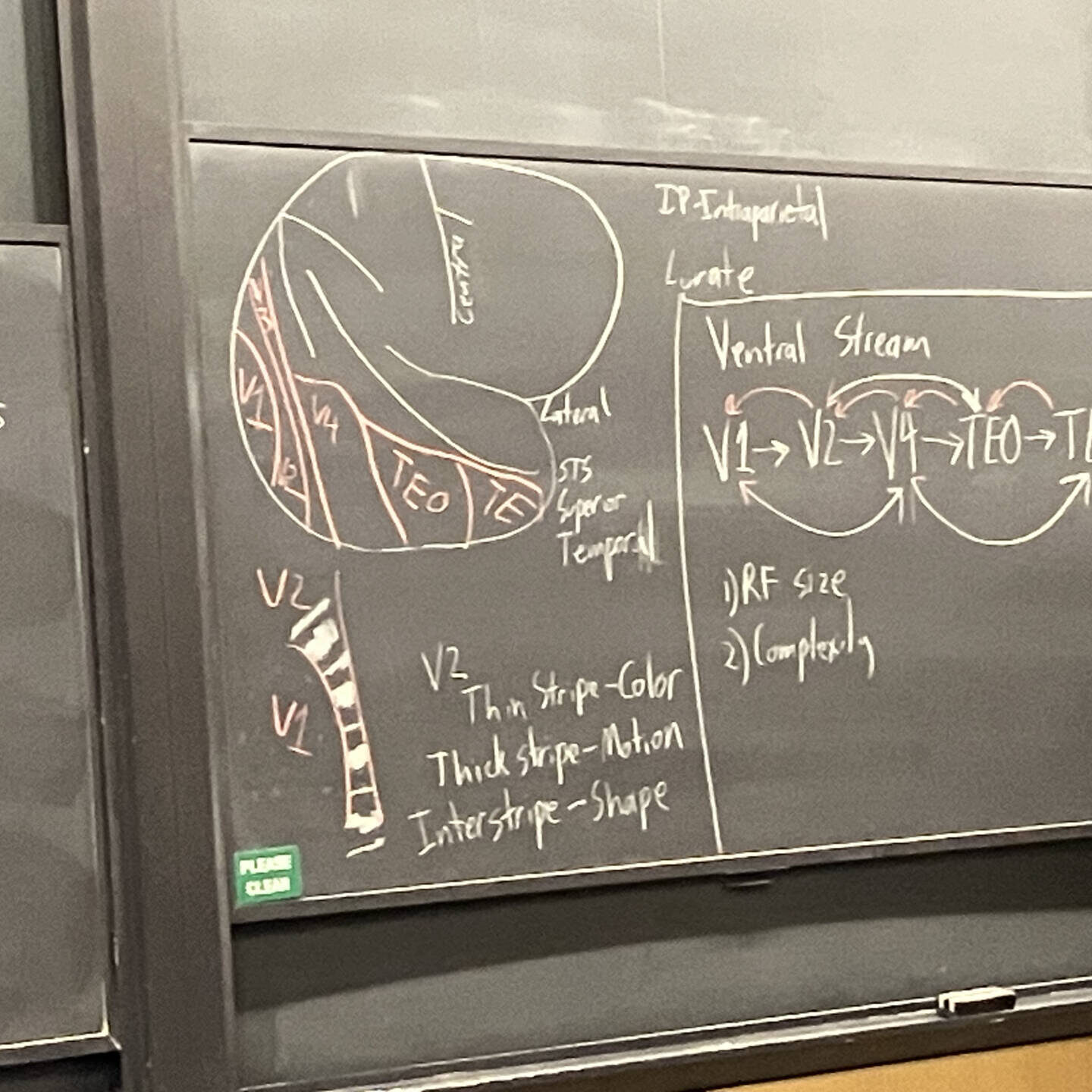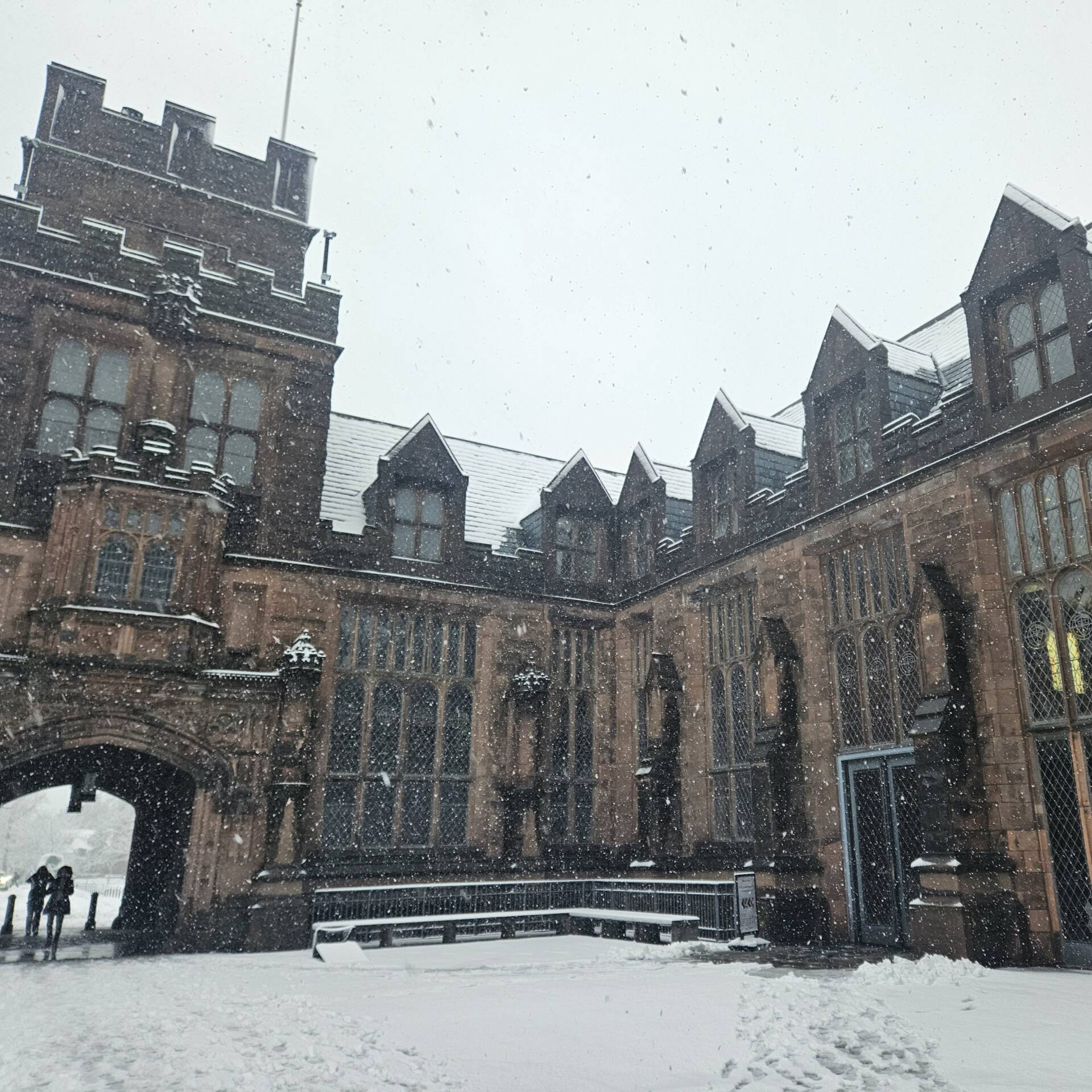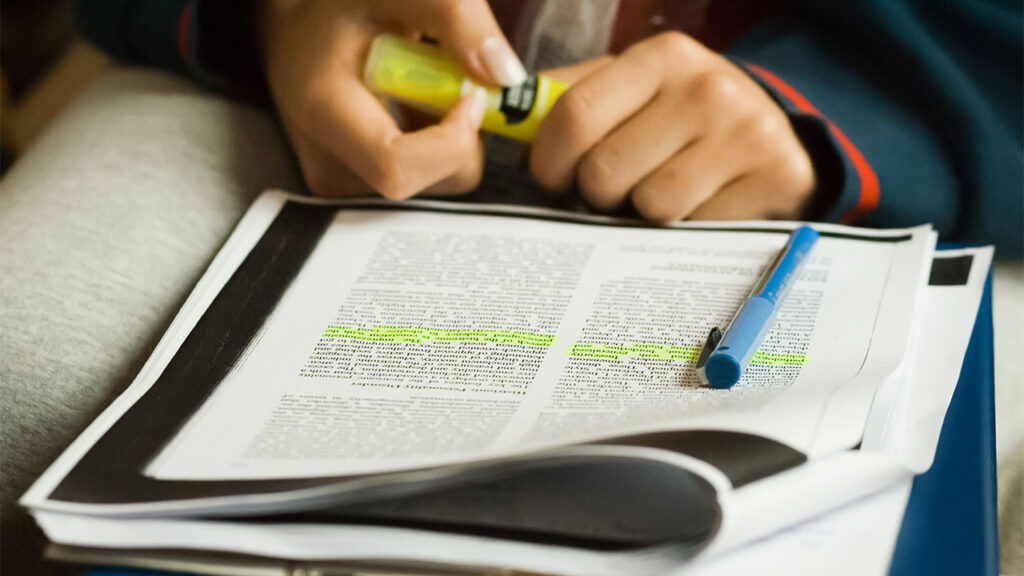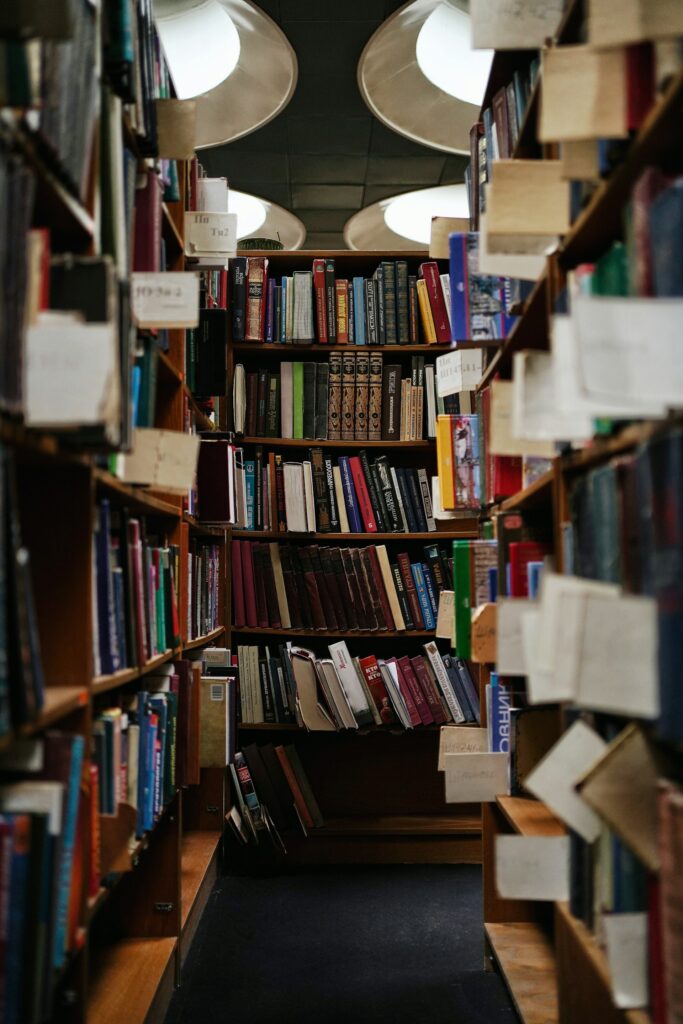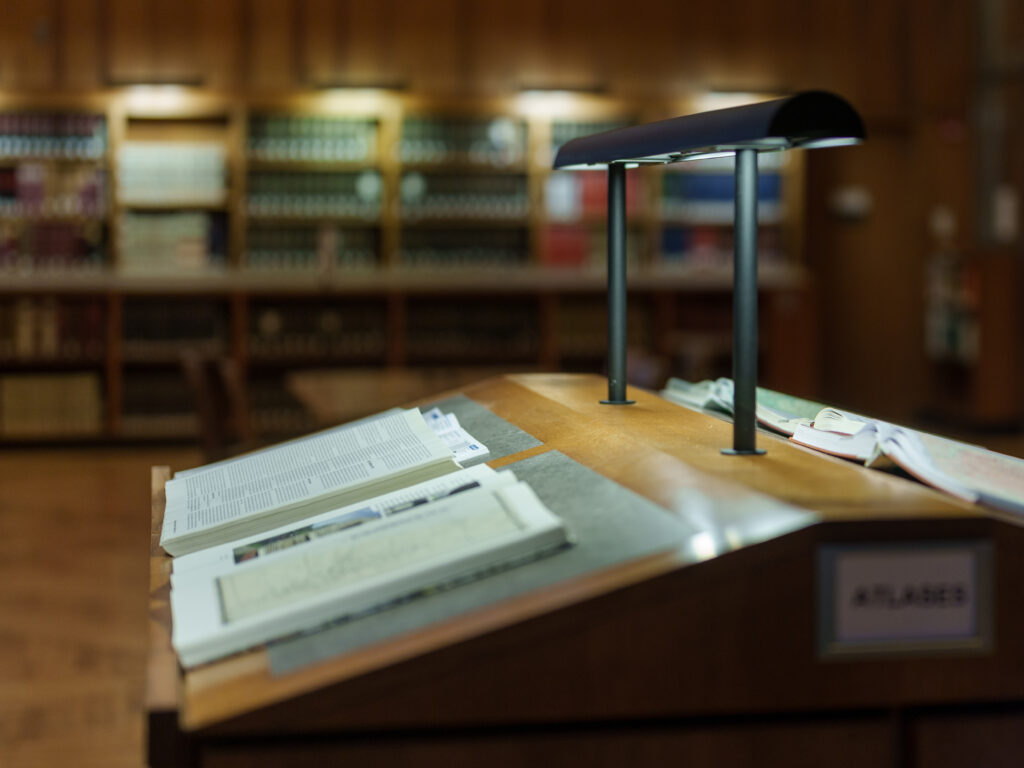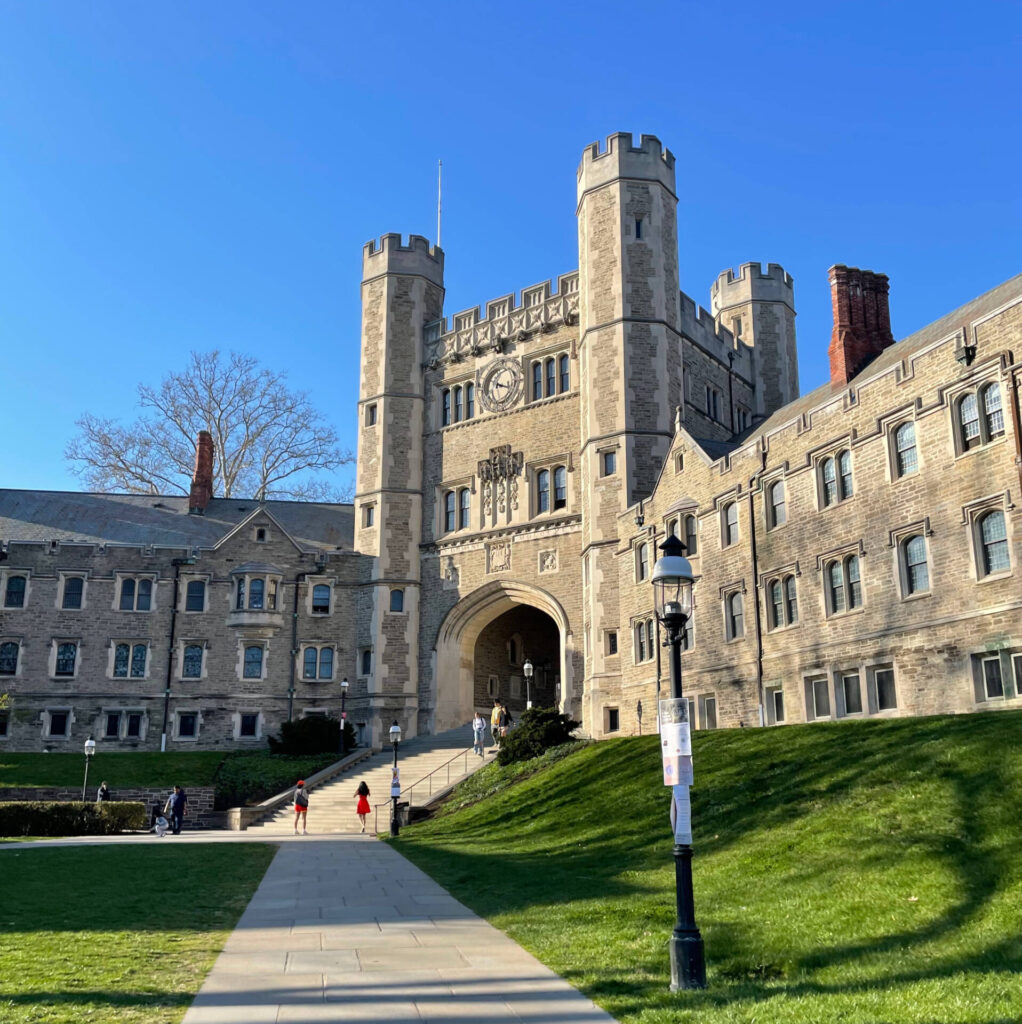
When I sat down to write the acknowledgements for my senior thesis, I realized something surprising: my department’s resources on how to write a thesis or independent work paper didn’t include any advice on writing this section. In some ways, that makes sense. Most readers focus on sections like the abstract, methodology, and results, which really serve as and highlight the key contributions of the paper. But having guidance on how to write acknowledgements can go a long way in helping students thank the people who made their research possible. In this article, I’ll share a few tips for writing acknowledgements—whether you’re submitting a STEM paper to a conference or wrapping up your senior thesis.
Continue reading Thanking Your Mentors: Tips on Writing Your Research Paper Acknowledgements

